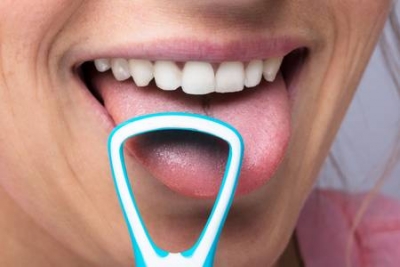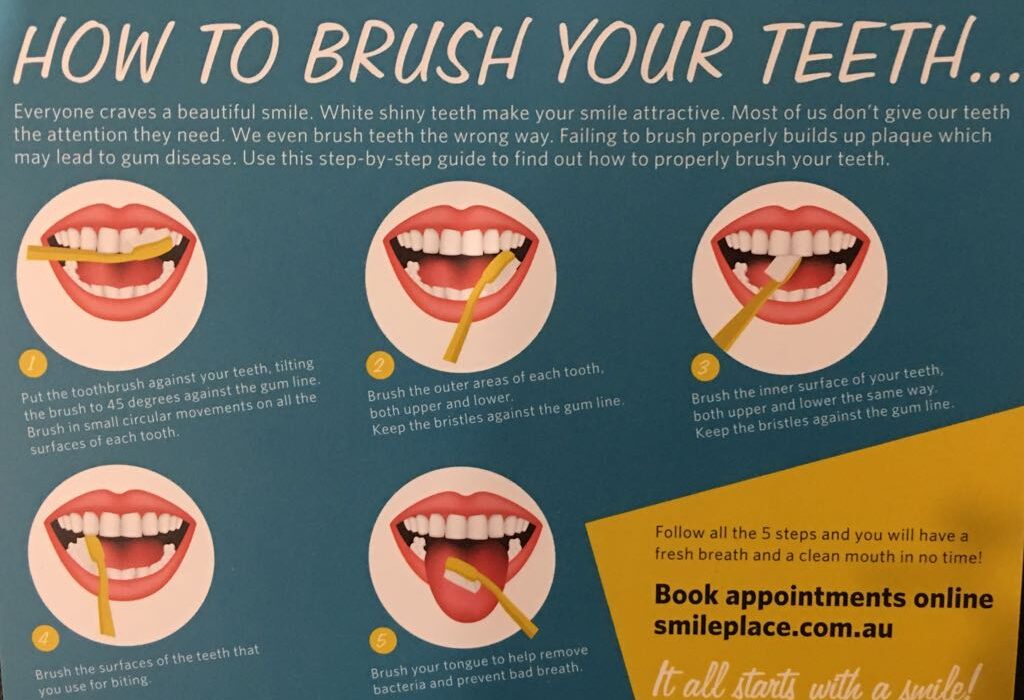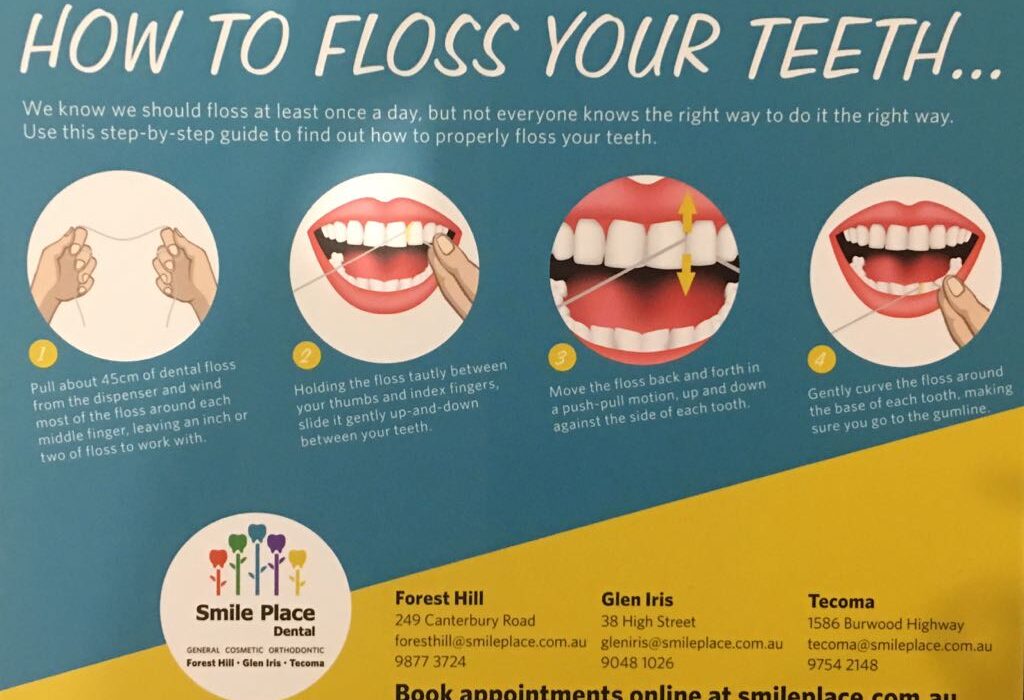
Struggling with bad breath? You’re not alone.
Grinding your teeth, also known as Bruxism, is the involuntary clenching, grinding and gnashing of the teeth. Learn all about teeth grinding, including the symptoms, risk factors and treatment options below.
Grinding your teeth, also known as Bruxism, is the involuntary clenching, grinding and gnashing of the teeth. It often happens when you are asleep, but some people also grind their teeth when they’re awake. Many people may not be aware that they grind their teeth whilst sleeping, usually it is a parent or partner that may hear, or symptoms start to emerge. It can lead to teeth becoming worn and may cause damage to teeth and jaw joints.
Signs and symptoms of teeth grinding may include:
Causes for teeth grinding can be related to both physical and psychological stressors.
Your dentist can help to assess the influence of these factors.
If you think you grind your teeth, speak with your dentist. They will look at your teeth and talk about possible treatment options such as:
Your dentist may suggest an occlusal splint sometimes referred to as a night guard, night mouthguard or bite splint. It works to protect the teeth from the effects of grinding when sleeping and decrease other symptoms such as discomfort in the muscles and jaw joint. It is made from a hard plastic that fits over your teeth.
Each splint is custom made by your dentist to suit your individual needs.
Teeth grinding is a very common condition but is important to treat to prevent further dental complications. Please speak to our Smile Place Dental team if you are concerned about teeth grinding or have any further questions.
Author Summary – Dr Chitra Rao

Dr. Chitra Rao has over a decade of experience in dentistry, specifically in the field of cosmetic and orthodontic treatments. Dedicated to achieving optimal results, she takes a detailed and personalised approach to creating beautiful, confident smiles for her patients. Outside of dentistry, Dr. Chitra enjoys staying active, traveling, and spending time with her family.

Struggling with bad breath? You’re not alone.

Keep it clean, keep it bright with these simple tips.

Do you brush twice a day, use a mouthwash, and still struggle with bad breath or surprise cavities? If so, the problem may be caused by inconsistent flossing. Most people skip flossing and those who do floss, often don’t do it right, leaving behind plaque and food debris. The good news? Flossing properly takes just […]